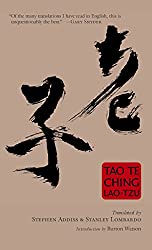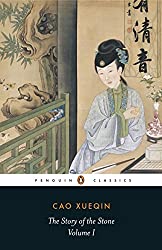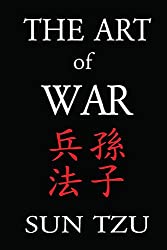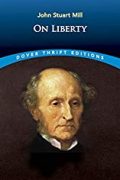
Rating: 8.5/10.
The Analects (论语) is a book of philosophy by Confucius and lays down the groundwork for much of Chinese thinking for the next 2500 years. It’s the second book I’ve read in ancient Chinese literature after the Art of War. It’s written in a somewhat different style — it has 20 chapters of varying lengths, but the chapters aren’t really organized by topic and the writing jumps around a lot.
Confucius tells you how to live your life not by appeal to religion, but rather by showing characteristics that he considers “good”, and gives examples of what is and what isn’t considered good. A few reoccuring ideas:
- junzi 君子 – exemplary person. The ideal, wise person that we should strive to be. A junzi strives to be excellent (德) and honorable (信), and not be arrogant or greedy or materialistic. He seeks knowledge, respects elders, is not afraid to speak up, and conducts himself authoritatively.
- li 礼- ritual propriety. The idea that there are certain “rituals” that society observes, and that if a leader respects them, then things will go smoothly. Kind of like the “meta” in games — modern examples would be the employer/employee relationship, or what situations do you perform a handshake with someone.
- xiao 孝 – filial responsibility. A son must respect his parents and take care of them in old age, and mourn for them for three years after their death (since for three years after birth, a child is helpless unless for his parents).
- haoxue 好学 – love of learning for the sake of learning
- ren 仁 – authorative conduct / benevolence / humanity. Basically a leader should conduct himself in a responsible manner, be fair yet firm.
- dao 道 – the way. One should forge one’s path through life.
An obvious question ([redacted] asked this) is why should we listen to Confucius if there’s no appeal either to a higher power (like the bible) or by axiomizing everything. I don’t really know, but many Chinese have studied this book and lived their lives according to its principles, so by studying it, we can better understand how Chinese think.
I feel like the Analects tells us how an ideal Chinese is “supposed” to think, but modern Chinese people are very much the opposite. Modern Chinese people are generally very materialistic, competitive, and care about comparing themselves to people around them. [redacted] says much of what is written here is “obvious” to any Chinese person — but then why don’t they actually follow it? I guess modern Chinese society is very unequal, and one must be competitive to rise to the top to prosper. So the cynical answer is that recent economic forces override thousand-year philosophy, which is the ideal, but falls apart when push comes to shove.
The Analects is a very thought-provoking book. It’s surprising how many things Confucius said 2500 years ago is still true today. I probably missed a lot of things in my first pass through it — but this is a good starting point for further reading on Chinese philosophy and literature.



